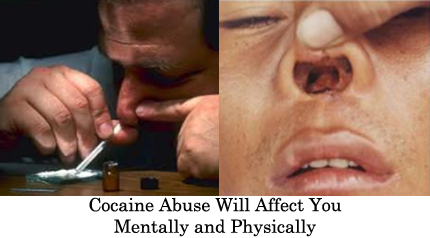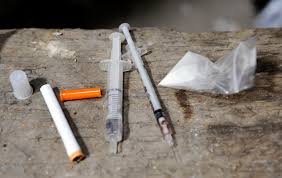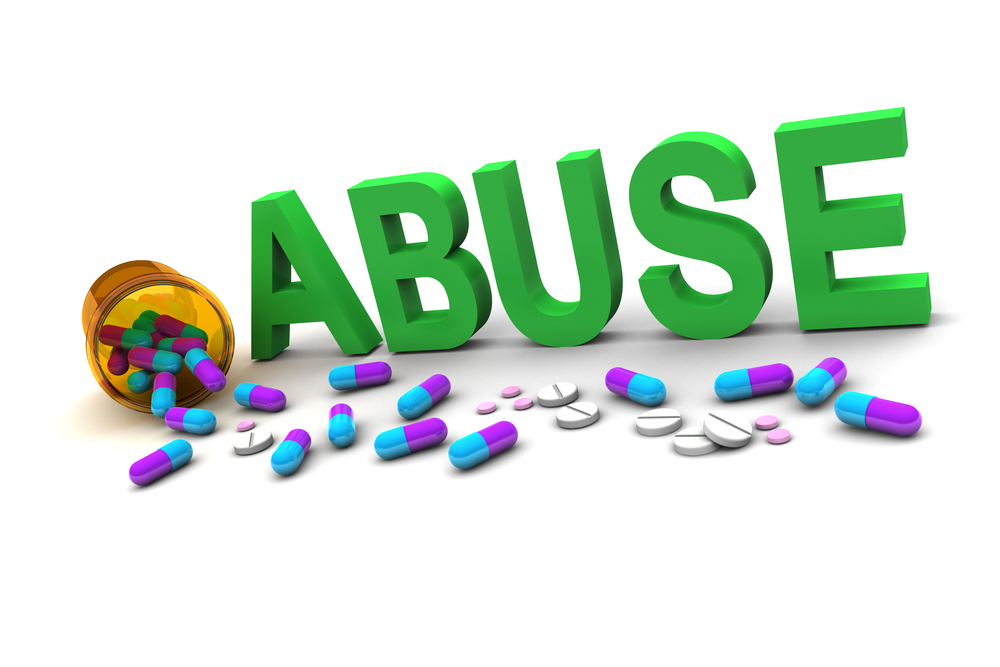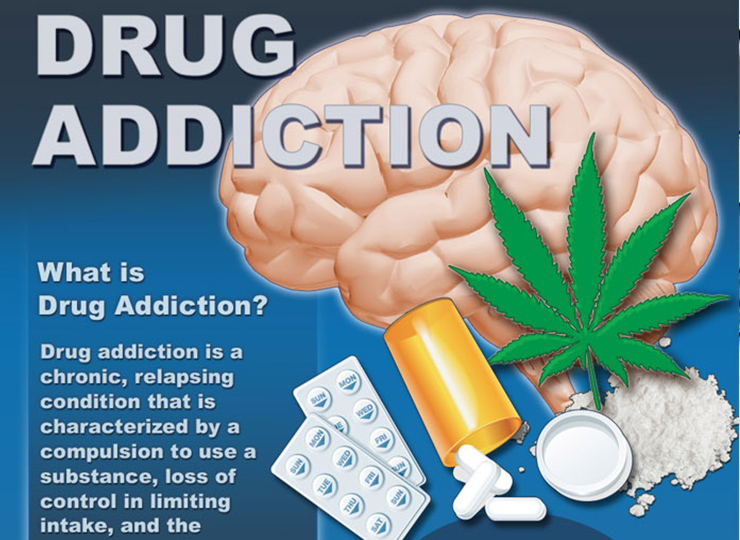Cocaine addiction sensitivity

Cocaine addiction sensitivity. This affects not just the brain but also the whole body organs including the skin
Cocaine addiction sensitivity: Cocaine craving
In the long journey of addressing drug addiction complications, one of the biggest obstacles when it comes to solving the problem of addiction is drug cravings. This is so because of the way the brain works. Like with all substances, cocaine addiction sensitivity to the mind is a worrying concern. Many craves for the drug and so are not able to remain focus to treatment that is why our team of experts from the home of addiction solutions (AWAREmed Health and Wellness Resource Center) under the able leadership of doctor Dalal Akoury who is also the founder of the facility, we want to explore on the possibilities of dealing with the mindset sensitivity about cocaine addiction with a view of finding lasting solutions to the scourge.
- Describing craving
- Identifying triggers
- Avoiding cues
- Coping with craving
Cocaine addiction sensitivity: Describing craving
Having understood what cravings is our next point would be to get the essential sense of the patients’ experience of craving. This can be very broad and may include having the knowledge about the following information.
What is craving like for you? – Doctor Akoury says that cravings or urges as it is commonly known are experienced in much different of ways by different patients. Like for instance an individual could say, the experience is primarily somatic that is to say, a patient would just get a feeling in the stomach or the heart races or just start smelling the element being craved for. For others, craving is experienced more cognitively; like for example one would say that “I need it now” or “I can’t get it out of my head” or “It calls on me.” Or it may be experienced effectively; for example, “I get nervous” or “I’m bored.” Depending on your individual experience, it is important that when seeking for help, you let your therapist know your experience with craving, this way they will be able to get to the roots of the problem and offer solutions effectively.
Are you bothered by craving? – There is tremendous variability in the level and intensity of craving reported by patients. For some, achieving and maintaining control over craving will be a principal treatment goal and take several weeks to achieve. Other patients deny they experience any craving. Gentle exploration with patients who deny any craving especially those who continue to use cocaine often reveals that they misinterpret a variety of experiences or simply ignore craving when it occurs until they suddenly find themselves using. Other, abstinent patients, who deny they experience any craving often when asked, admit to intense fears about relapsing.
How long does craving last for you? – In this journey doctor Akoury says that to make the point about the duration and nature of craving, it is often very important for professionals to point out to their patients that they have rarely let themselves experience an episode of craving without giving in to it.
How do you try to cope with it? – Getting a sense of the coping strategies used by patients will help the therapist identify their characteristic coping styles and select appropriate coping strategies. Of course, it is not going to be a walk on the path and that is why the help of professionals from AWAREmed Health and Wellness Resource Center is all you need along the way.
Cocaine addiction sensitivity: Cocaine craving









